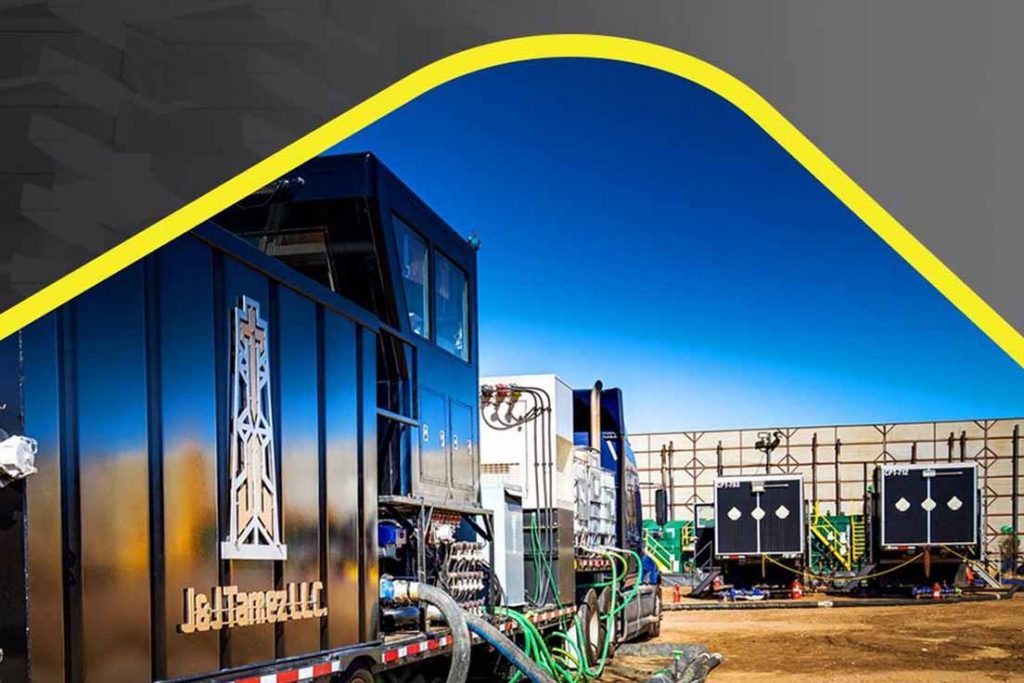5 Methods that can make Fracking Cleaner

The contamination of toxic chemicals strongly becomes the public’s risk, and fear through the fracking used to capture natural gas and oil from shale.
Along with this fear, a more comprehensive array of concerns about shale energy operations’ environmental and community impacts translate into the potential loss of a company’s social license to operate. That is the likely reason these concerns could also lead to increased numbers of bans. Also, moratoria both in the United States and all over the world.
Oil and Gas companies disclose many of the chemicals used, but these three questions remain largely not addressed:
- First, do producers have systems to evaluate when they are using more toxic chemicals than necessary?
- Second, what are they doing to encourage their supplier’s employees to provide safer alternatives?
- Third, what kind of tools can suppliers use to develop and market safer alternatives?
The economic benefits of smarter management of chemicals happen when low chemical cost is achieved. It also reduces environmental damage and legal action from operating errors and accidents—another potential benefit: reducing the delay on projects that might arise from community opposition.
The oil and gas plants understandably downplay the hazards from fracturing chemicals. It stresses a minimal level of liquids going down the borehole at 1 percent or less, and these chemicals are generally found in household items. This source ignores the scale and life cycle.
By keeping all these things in mind, we will talk about 5 Methods that can make Fracking Cleaner:
1. Using water-less fracking systems:
In traditional fracking, systems use large amounts of water. Therefore we can save much water by using water-free fracking systems. Additionally, it has some other advantages. For example, companies use gelled fluid in their fracking system, which contained propane instead of water. Using this alternative gives the same result as water but uses just one-eighth of the fluid and pumps the liquid at a slower rate.
2. Use recycled water or brine instead of freshwater:
An alternative water-less fracking system, recycled water or brine, also works perfectly in fracking operations. After using these two methods, freshwater is conserved, reducing water pollution caused by traditional fracking systems. Deep subsurface saline water is used instead of freshwater.
3. Replace diesel-powered equipment:
Diesel controlled equipment produces toxic toxins and ozone-depleting gas when used to drill or pump wells. As a result, diesel-powered equipment is replaced with natural gas or solar panels to reduce the large number of harmful gasses emitted and lower the overall damage to the environment.
4. Introduce waste-water purification:
The waste-water contains chemical and natural water from the rock formation. The waste-water is mainly shipped to individual storage facilities that are underground; however, treating waste-water can significantly reduce pollution caused by waste-water. The treated water can be reused in the fracking system.
Reduce methane leaks:
One of the significant fears of fracking is methane leaks. According to a recent study, methane emissions are likely 50 percent higher than official government estimates. So, if chemical companies reduce methane leaks, damage to the environment is automatically reduced. This helps companies save money by reducing the loss of a significant component of natural gas, methane. Two main modifications can reduce methane leaks. First, use an infrared camera that can detect leaks at fracking sites. Second, innovations are replacing traditional pressure-monitoring pneumatic controllers with lower-bleed designs. A nationwide movement can work to reduce methane leaks by up to 35 billion cubic feet each year. Replacing conventional controllers, ban currently used chemical injection pumps, and replacing them with solar-power pumps can reduce up to 5.9 billion cubic feet of emissions.
Also Read: Why is chemical management so essential?
